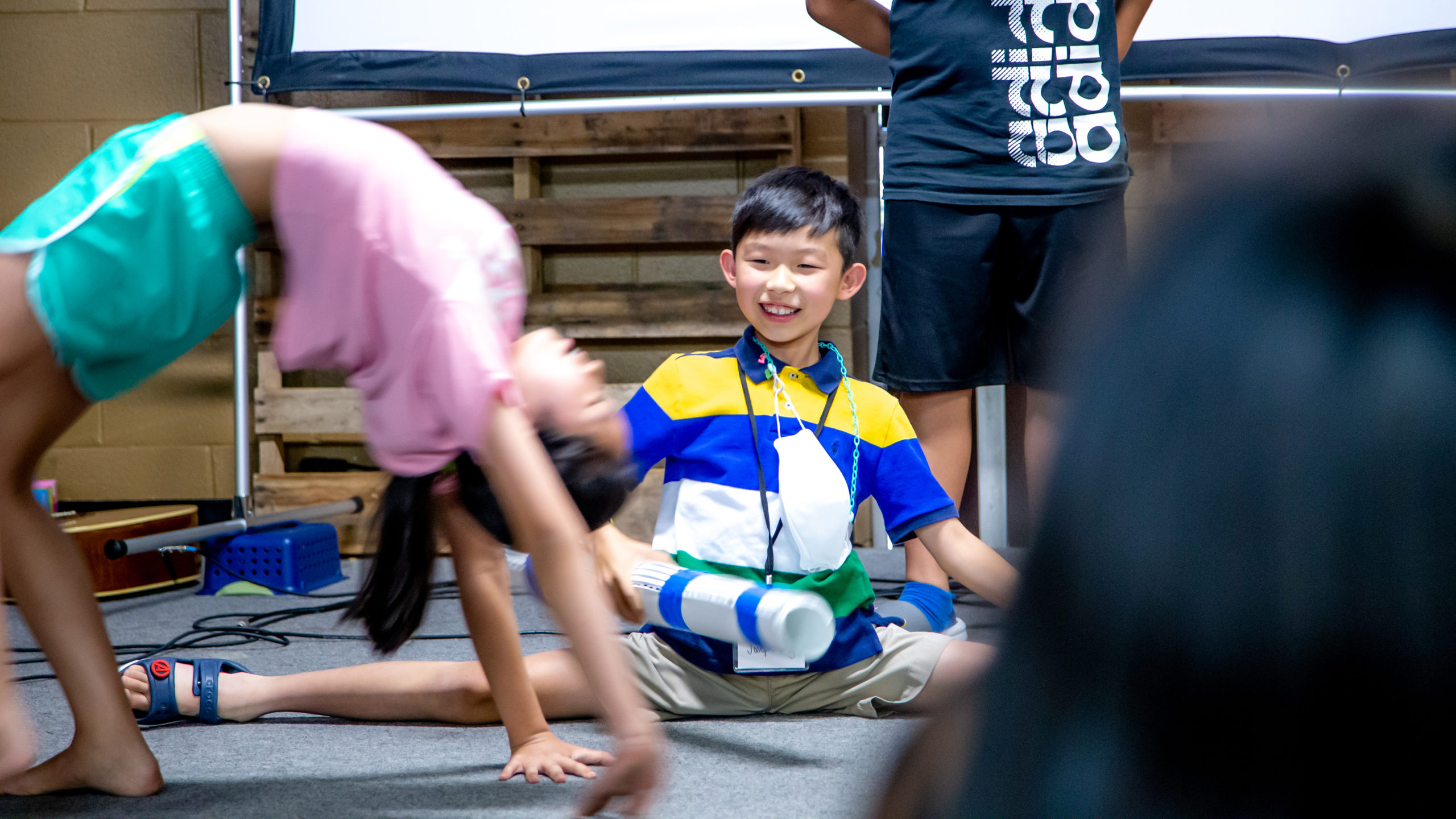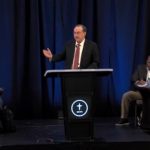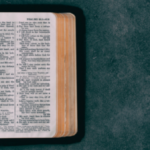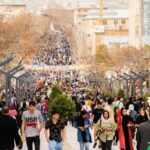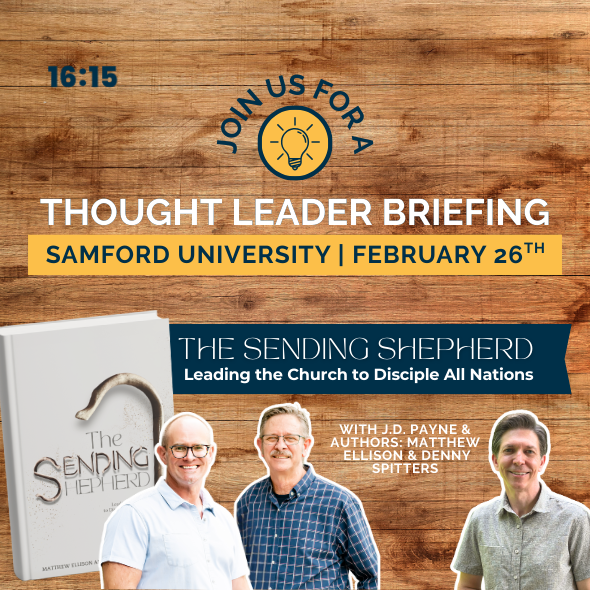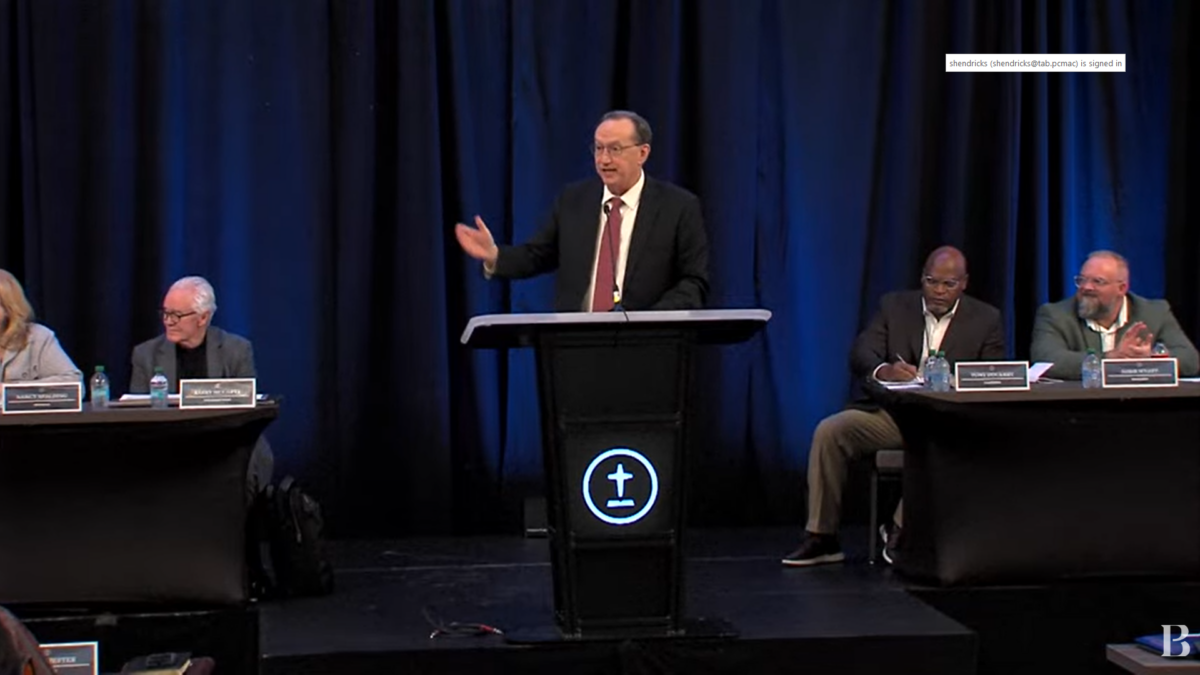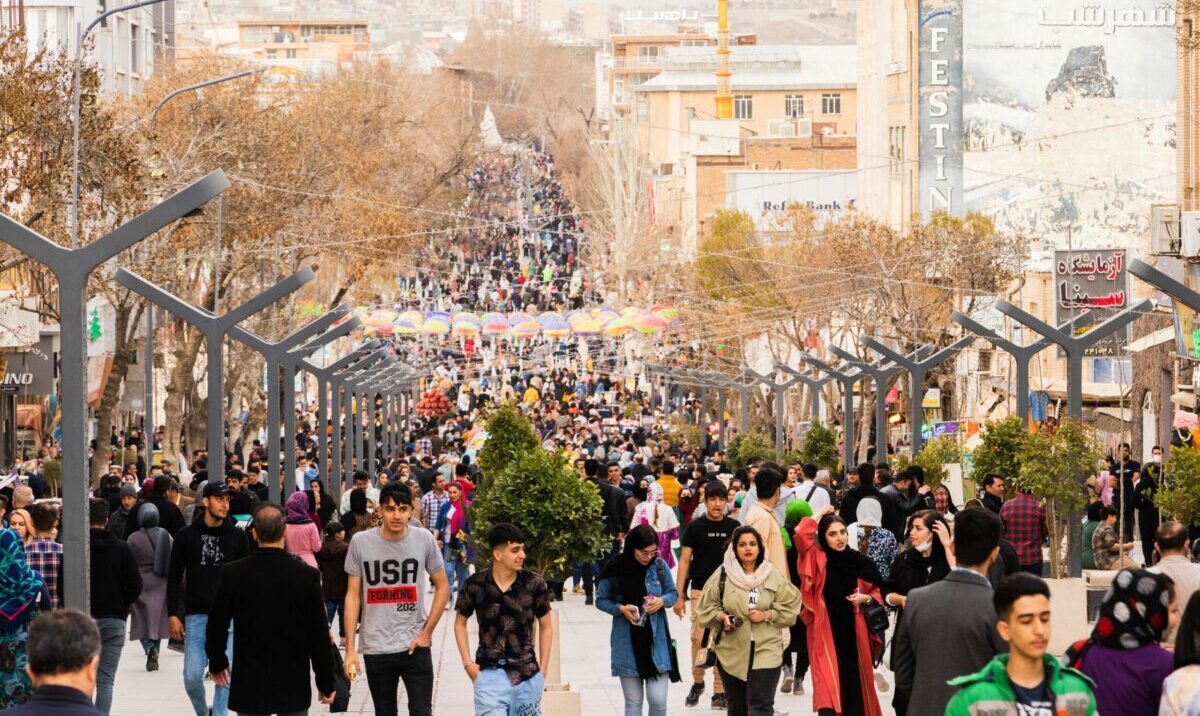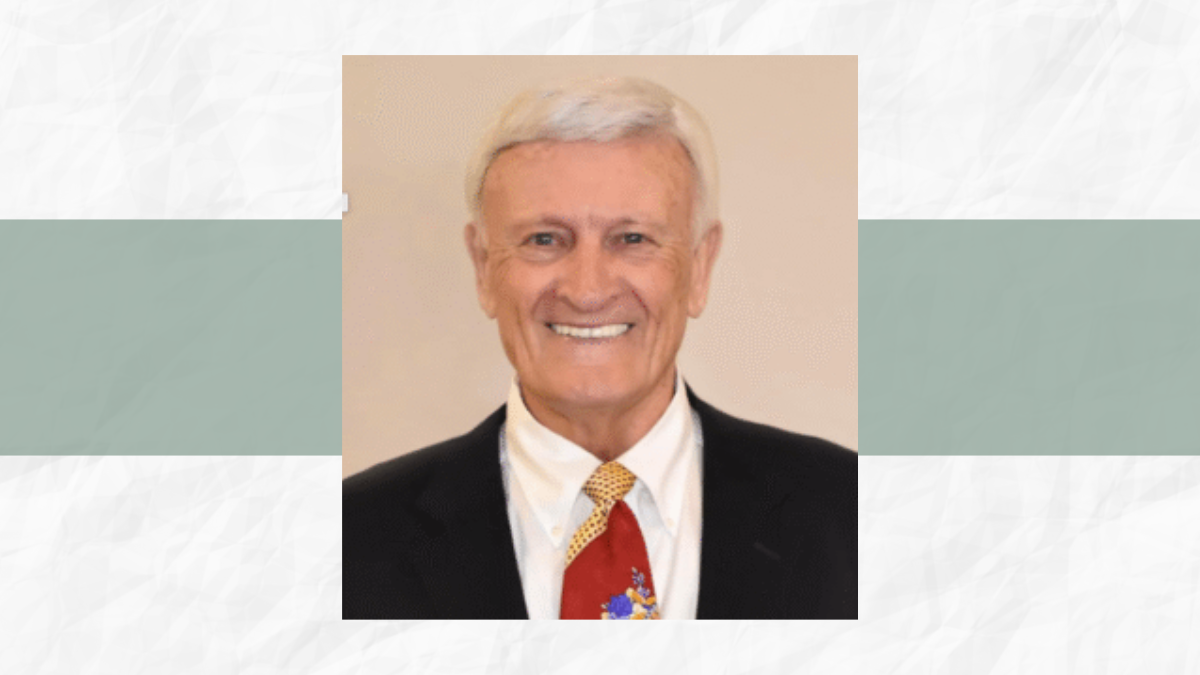As much as Bokman and Dongeuu Han and their children enjoyed the annual meeting of what is known informally as the Korean Council, there just wasn’t enough money in recent years to attend.
This year was different, in part because of the tax consulting business/ministry Han and his wife started two years ago, which helped with finances, and in part because, “I want my kids to enjoy time with other PKs,” Han told The Baptist Paper, referring to a well-known acronym for preachers’ kids.
“There are things I can’t teach them,” said Han, pastor since 2000 of First Korean Baptist Church of Melbourne, Florida.
Support for PKs
Han wasn’t a pastor’s son, so he didn’t know what it was like to be one, Han said. He was an immigrant, so he doesn’t know what it’s like to be second-generation.
His first-born son, now 21, benefited from attending the Korean Council conference as a child and teen. He wants the same for his four younger children, now in their tweens and early teens.
“What I am hoping for is for them to find some comfort as PK’s,” Han said. “They will teach each other how to survive as PK’s and second generation. I want them to have some relationships with other kids and keep it going so when they come again next year, they will have friends.”
Psychologist and pastor Jey Kim of First Virginia Baptist Church in Springfield, Virginia, near Washington, works with children who attend.
Kim first attended the annual meeting of the Council of Korean Southern Baptist Churches in America in 1985 while in seminary. Four years later, he attended as a representative from the church he’d started that same year.
“I saw the kids wandering around outside, so I kind of played with them,” Kim told The Baptist Paper.
The same thing happened the next year. In 1991, he brought a team to the Korean convention to start a program “for the kids.”
Thirty years later, that full program involved 130 students between the ages of 9 and 19, plus 21 volunteer helpers, most of whom had previously attended as students. They are called “big brothers” and “big sisters.”
While parents attended the Korean Council’s general sessions the youth (as young as 9 because of COVID-related safety measures) worshipped in large groups, studied together in age-level group discussions, played games, ate and worked on the talent show that culminated the three-day event.
Heejoo Kim of Layton, Utah, 20, served this year as Jey Kim’s assistant. (The two Kims are not related.)
“When I was younger, the leaders had a big effect on me,” she said. “They taught me I am not going through Christian hardship alone. Now I have an extended Christian family who have had similar experiences growing up as a pastor’s child.”
Joseph Kang, 30, son of James Kang, executive director of the Korean Council, is a six-year veteran volunteer with the youth program.
“I remember coming as a little kid,” Joseph Kang said. “It was really fun being with other PKs.
“Pastor Jey tries to focus his sermons on the parents’ perspectives,” Kang continued. “It touches your heartstrings. You’re more thankful to your parents.”
Jey Kim has a long history of investing in young people. In 1989, he started the church he still serves as a youth ministry with an emphasis on creative arts. It “exploded” into a church as more and more parents started coming to see what their teens were up to.
Today, about 250 attend what has become a church with a focus on youth, seniors and families.
For the first 20 years of the Korean Council’s youth program headed by Kim, First Virginia Baptist footed the bill. Today, the Korean Council does.
During the 2021 conference, which was the 30th anniversary of the full youth program and the 40th of the Korean Council, Kim reflected on his reasons for giving so much energy to teenagers.
“When I was a teen, I tried to commit suicide,” Kim said. “I had a wealthy family, a wonderful family, but I did not appreciate them. Of course, I didn’t know Jesus then.
“I accepted Jesus my freshman year of college, but that didn’t change me,” he continued. “My sophomore year, I tried suicide again. While I was in the hospital, I finally met Jesus truly. I didn’t want young people to go through that unnecessary struggle, so I started a youth ministry.”
By 1991, those students had grown into a creative arts ensemble that toured the East Coast in the summer, which is how they were invited to the SBC Annual Meeting in Atlanta that started the Korean Council’s youth program.
“My second goal was that I found pastors’ kids have more pain, more problems,” Kim said. “PKs have to sacrifice a lot because of their pastor fathers and pastor’s wife mothers.”
PKs face high expectations and academic pressures, combined with the physical, emotional, relational changes that come during the teen years and topped off by the clash of Korean, American and church cultures, Kim said.
‘Remarkable work’
“They’re torn,” he said. “Some feel like unpaid ministers, and they watch everything their parents go through. There are financial problems. New beginner [immigrant] parents really depend on their children’s help for language and for ministry, and they [PKs] can’t say no.
“I want them to feel comforted, loved, to find Jesus in their own way, not forced by mom and dad,” Kim said. “I want to give them lots of fun time, lots of food, and I want them to feel they are not alone. There are many other PKs who are the same, so they can feel empathy.”
Kim said his goal is for children to know what their parents are doing and to understand its Kingdom importance. He also wants the PKs to embrace their faith, which is why during the final day of each conference he preaches about Jesus and what it means to be a disciple of Christ.
“And every year, this has worked,” Kim said. “Every year there are about one-third newcomers. Every year, 20 to 30 accept Jesus. Every year, about 20 want to be a missionary or a pastor. This [keeps] me going every year.”
The first day every year is a challenge because Kim doesn’t know how many youth there will be, how many volunteer helpers he will have or what kind of space he will have.
“I have to make Plan A, B, C; adapt to the environment; and improvise differently each year,” Kim said.
This year was no exception. For the last 15 years — but not this year because of COVID concerns — the youth have led in a “family night” at the close of the Korean Council’s annual meeting.
“It’s a big deal,” Kim said. “It’s kids giving their testimony, kids giving their point of view, saying how much they appreciate their parents. We have dancing, singing, make it a big show.”
This year the youth put on a talent show for themselves that followed their own worship service. Rather than the “moving moment” of previous years, with youth and their parents laughing and crying together before closing in prayer as a family, this year the youth hugged or high-fived each other before gathering in a circle and praying as the family they had become over three days.
“There was another great outcome brought to this PK meeting,” said Kim, adding that PK means not only “pastor’s kid” but also “precious kid.”
“Seventeen people accepted Jesus as Savior, and 14 pledged to become future ministers,” Kim concluded. “It was a remarkable work of God!”
Southern Baptist Korean fellowship group meets in Goodlettsville, Tennessee, to elect new officers and celebrate 40th anniversary. Read story here.

